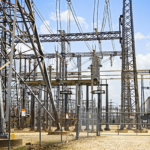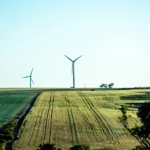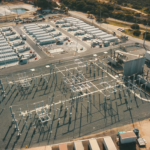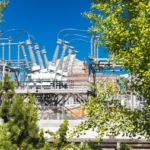Western Australia has emerged as a driving force in the field of electrical engineering, particularly within the energy sector. Known for its vast landscapes, mineral wealth, and growing population, WA presents unique challenges and opportunities for innovation. The state’s distinct environmental conditions and economic drivers are shaping localised advancements that are driving innovation across the industry. From renewable energy integration to smart grid development, Western Australia is setting the pace for sustainable, resilient, and forward-thinking electrical engineering practices.
1. Pioneering Renewable Energy Integration
Western Australia’s abundant natural resources provide a fertile ground for renewable energy development. The state’s geographic expanse allows for extensive deployment of solar, wind, and even wave energy projects.
The remote and often harsh conditions faced by energy producers in WA have spurred advancements in:
- Microgrid Technology: WA is leading the development of remote microgrids designed to serve isolated communities and mining operations. Companies like Horizon Power have successfully implemented microgrids that integrate solar, battery storage, and traditional diesel generation to ensure reliable power supply in remote areas.
- Hybrid Renewable Systems: Mining companies in WA are adopting hybrid power solutions, combining solar or wind with traditional generation sources. These systems reduce carbon emissions and operational costs, setting an example for industrial applications worldwide.
2. Smart Grids and Digital Innovation
The electrical grid in WA is evolving rapidly, with smart grid technologies enhancing reliability, efficiency, and sustainability. The integration of advanced monitoring, control, and communication systems is transforming traditional grid management.
Key innovations include:
- Advanced SCADA Systems: Supervisory Control and Data Acquisition (SCADA) systems are critical for managing WA’s expansive grid. Local engineers are enhancing SCADA platforms with machine learning and predictive analytics to optimise energy distribution and fault detection.
- Distributed Energy Resources (DER) Management: Western Australia is at the forefront of managing DERs, such as rooftop solar and battery storage. Innovative solutions are being developed to aggregate these resources, allowing them to operate as a virtual power plant and provide grid stability.
3. Energy Storage Solutions
Energy storage is essential for balancing supply and demand in renewable-heavy grids. WA’s leadership in battery storage development is helping to overcome the intermittency challenges of renewable energy.
Some of the significant contributions include:
- Lithium Battery Innovation: As a global leader in lithium production, WA is not only exporting raw materials but also fostering local expertise in battery technology. Research institutions and industry partnerships are driving advancements in lithium battery performance and recycling.
- Utility-Scale Battery Projects: Projects like the Kwinana Big Battery are setting benchmarks for large-scale energy storage solutions in Australia, enabling greater penetration of renewables and reducing the need for fossil-fuel-based peaking plants.
4. Grid Resilience and Climate Adaptation
Given WA’s susceptibility to extreme weather events, ensuring grid resilience is a top priority. Electrical engineers are developing robust systems to withstand environmental stressors such as heatwaves, cyclones, and bushfires.
Innovations in this area include:
- Climate-Resilient Infrastructure: Engineers are designing and implementing infrastructure that can endure harsh conditions, including heat-resistant materials for transmission lines and fire-proof substations.
- Decentralised Power Systems: The push towards decentralised systems reduces the reliance on single points of failure, enhancing overall grid resilience and ensuring energy security during natural disasters.
5. Sustainability and Circular Economy Practices
WA’s electrical engineering sector is embracing sustainability beyond renewable energy generation. A focus on the circular economy is leading to innovations in recycling, waste reduction, and resource efficiency.
Examples include:
- Solar Panel Recycling Programs: As the uptake of solar PV systems grows, WA is pioneering efforts in solar panel recycling, ensuring that valuable materials like silicon, glass, and metals are recovered and reused.
- Energy Efficiency Innovations: Electrical engineers are developing solutions that improve energy efficiency in industrial and commercial sectors, such as smart building technologies and advanced motor control systems.
6. Workforce Development and Industry Collaboration
Western Australia’s success in shaping electrical engineering trends is also driven by a strong commitment to workforce development and collaboration between industry, government, and academia.
Initiatives include:
- Training and Upskilling Programs: Local universities and technical colleges are aligning their curricula with industry needs, providing specialised training in areas like renewable energy, smart grid technology, and automation.
- Research and Development Partnerships: Collaborative projects between research institutions, government bodies, and private companies are accelerating the development and deployment of innovative technologies in the energy sector.
7. Exporting Expertise Globally
WA’s innovations are not only transforming the local landscape but are also gaining recognition on the global stage. The state’s expertise in managing remote energy systems, integrating renewables, and ensuring grid resilience is in demand internationally. Western Australian companies and engineers are increasingly exporting their knowledge and solutions to other regions facing similar challenges.
Western Australia is playing a pivotal role in shaping the future of electrical engineering through localised innovations tailored to its unique needs and opportunities. The state’s advancements in renewable energy integration, smart grids, energy storage, and sustainable practices are setting a standard for the global industry. As WA continues to navigate the evolving energy landscape, its contributions will undoubtedly influence electrical engineering trends both locally and internationally, cementing its position as a leader in the transition to a sustainable energy future.

